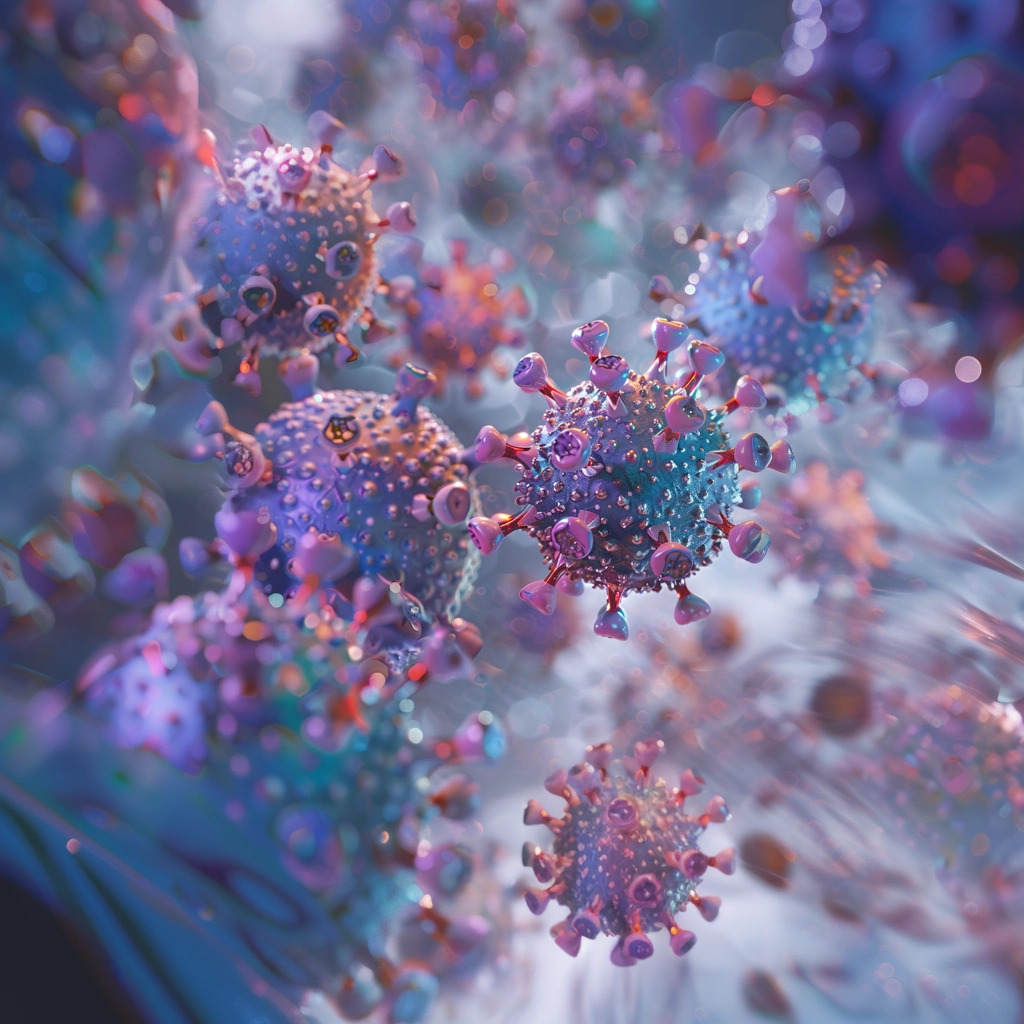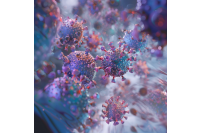
Introduction:
In regenerative medicine and performance enhancement, peptides have garnered significant attention for their remarkable therapeutic properties. Among these peptides, BPC-157 (Body Protection Compound-157) and TB-500 (Thymosin Beta-4) stand out for their profound effects on tissue repair, healing, and overall well-being. This comprehensive guide delves into the benefits of BPC-157 and TB-500, outlines recommended dosage protocols, and highlights the critical differences between these two therapeutic agents.
Understanding BPC-157 and TB-500:
BPC-157 and TB-500 are synthetic peptides that have shown promising results in accelerating healing, reducing inflammation, and promoting tissue repair. While they share some common mechanisms of action, they also exhibit distinct characteristics that make them suitable for different clinical applications.
BPC-157:
BPC-157, derived from a protein found in gastric juice, primarily acts locally at the site of injury or damage.
It promotes angiogenesis, collagen production, and cellular proliferation, facilitating tissue repair and regeneration.
BPC-157 also possesses potent anti-inflammatory properties, helping to mitigate inflammation and create an optimal environment for healing.
Its therapeutic applications include treating musculoskeletal injuries such as muscle tears, tendonitis, and ligament injuries and addressing gastrointestinal conditions like ulcers and inflammatory bowel diseases.
TB-500:
TB-500 is a naturally occurring peptide involved in various cellular processes, including cell migration, differentiation, and wound healing.
TB-500 is a naturally occurring peptide involved in various cellular processes, including cell migration, differentiation, and wound healing.
TB-500 is a naturally occurring peptide involved in various cellular processes, including cell migration, differentiation, and wound healing.
TB-500's therapeutic applications extend beyond musculoskeletal injuries to include chronic conditions such as cardiovascular diseases, autoimmune disorders, and neurological conditions.
Benefits of BPC-157 and TB-500:
Accelerated Healing: Both BPC-157 and TB-500 have been shown to expedite the healing process by promoting tissue repair and regeneration, thereby reducing recovery time for injuries and wounds.
Anti-inflammatory Effects: By mitigating inflammation, BPC-157 and TB-500 create a conducive environment for healing, alleviating pain and discomfort associated with inflammatory conditions.
Tissue Repair and Regeneration: These peptides stimulate cellular proliferation and collagen synthesis, enhancing tissue repair and regeneration in various tissues, including muscles, tendons, ligaments, and the gastrointestinal tract.
Enhanced Performance and Recovery: Athletes and fitness enthusiasts often use BPC-157 and TB-500 to support performance, improve endurance, and accelerate recovery from intense training sessions or injuries.
Recommended Dosing Protocol:
Following proper dosage protocols is essential to maximize the benefits of BPC-157 and TB-500 while minimizing the risk of adverse effects. Although individual needs and responses may vary, a general dosing protocol is outlined below:
BPC-157:
Standard dosing ranges from 250 to 500 micrograms (mcg) per day, divided into multiple injections.
BPC-157 is typically administered subcutaneously or intramuscularly.
The duration of treatment varies depending on the severity of the condition. Still, it may range from a few weeks to several months.
Clinical studies have been done at over 4mg/day with no reported side effect so the upward ceiling dose is quite high with very good tolerability.
TB-500:
Standard dosing ranges from 2 to 5 milligrams (mg) per week, divided into multiple doses.
TB-500 is usually administered subcutaneously or intramuscularly.
Treatment duration may vary based on the specific condition being addressed, but it is often several weeks.
Key Differences between BPC-157 and TB-500:
Mechanism of Action: BPC-157 acts locally at the injury site, while TB-500 exerts systemic effects throughout the body.
Therapeutic Applications: BPC-157 is primarily used for musculoskeletal injuries and gastrointestinal conditions, whereas TB-500 has a broader range of applications, including chronic diseases and tissue damage.
Administration: Both peptides are administered through subcutaneous or intramuscular injections, but their dosing protocols and treatment durations may differ.
Conclusion:
BPC-157 and TB-500 significantly promote healing, reduce inflammation, and support overall well-being. Understanding the distinct characteristics and therapeutic applications of these peptides allows healthcare providers and individuals to effectively tailor treatment approaches to specific needs. By following recommended dosage protocols and seeking guidance from healthcare professionals, individuals can harness the full therapeutic potential of BPC-157 and TB-500 for optimal outcomes.
Check out Cytech's ultimate recovery bundle and save on TB500/BPC157 and HGH at a discounted bundle price.
 Anabolic Direct
Anabolic Direct 